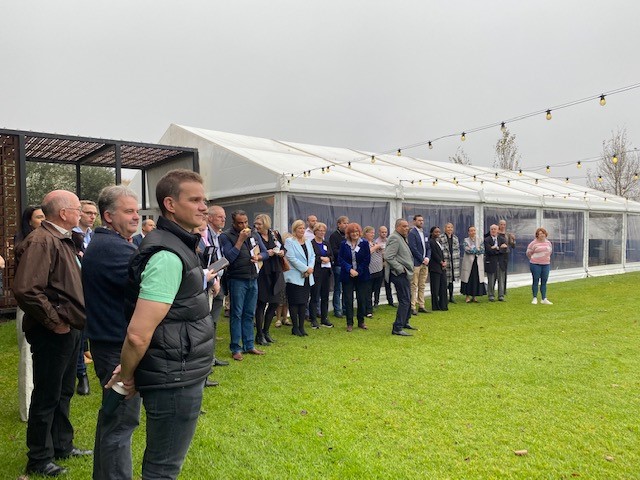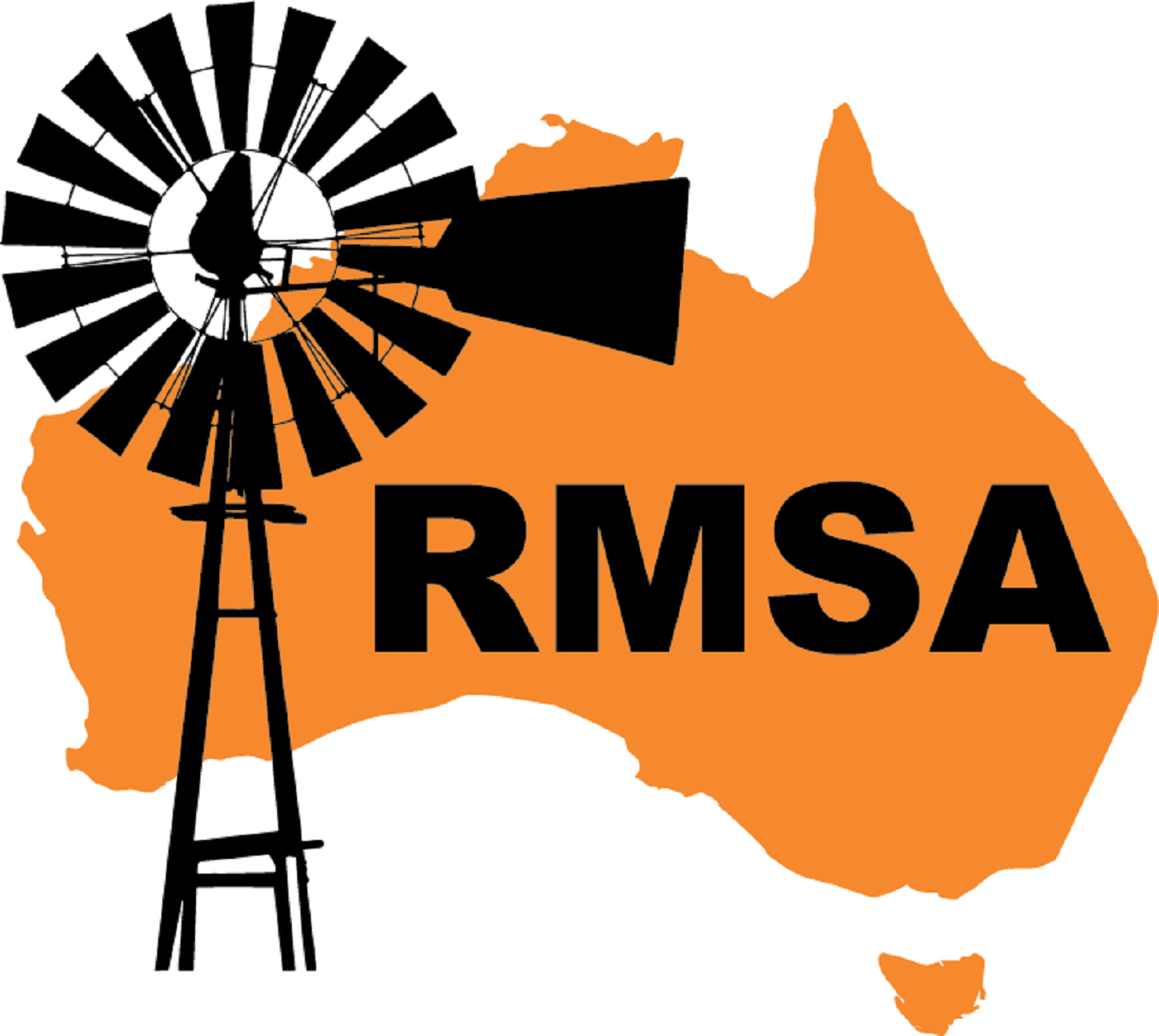Wagga Wagga has been able to develop a stable specialist workforce over the years. It is very obvious that this is the result of a deliberate plan involving all levels of government, including local council and voluntary bodies established specifically to support medical specialist recruitment.
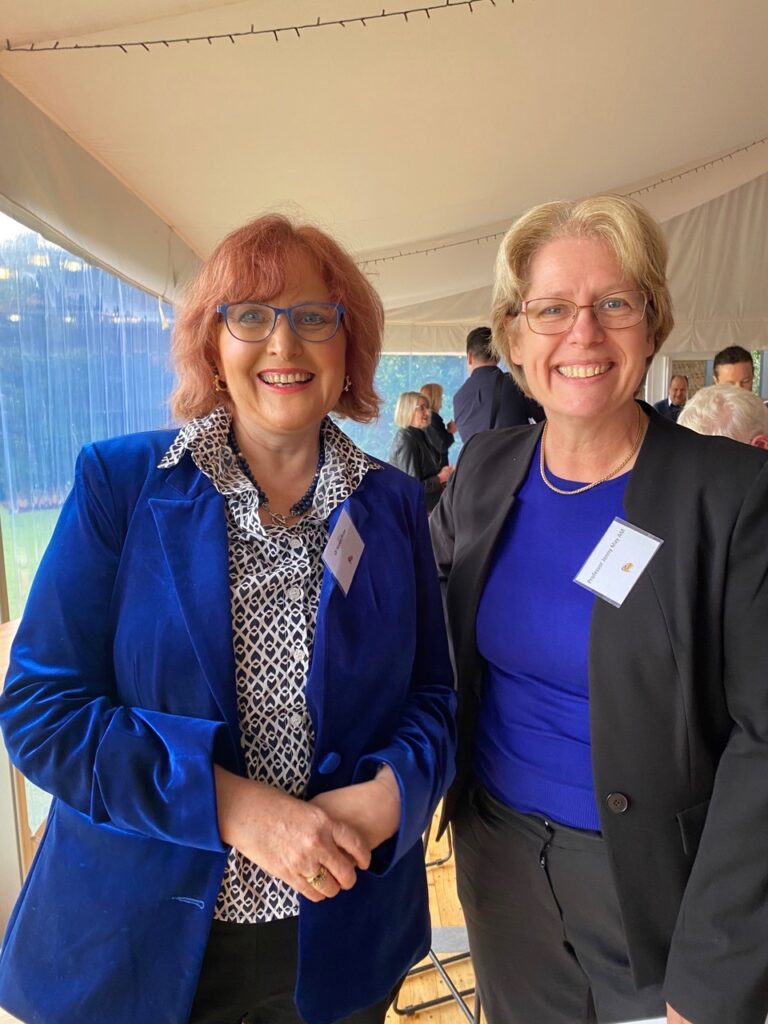
The conference opened with a medical workforce strategy plan a recession. Professor Jenny May AM, director of the University of Newcastle’s department of rural health, opened by reviewing the emerging evidence that if medical students spend a significant amount of time in rule locations, they are much more likely to return to Rural practice after graduating, even if they had been born in metropolitan cities. She outlined the National Medical Workforce Strategy 2021-2031, with its emphasis on generalist, but in primary care and specialities. Reform of the training pathways is considered essential to re-balance supply and demand in rural and regional areas.
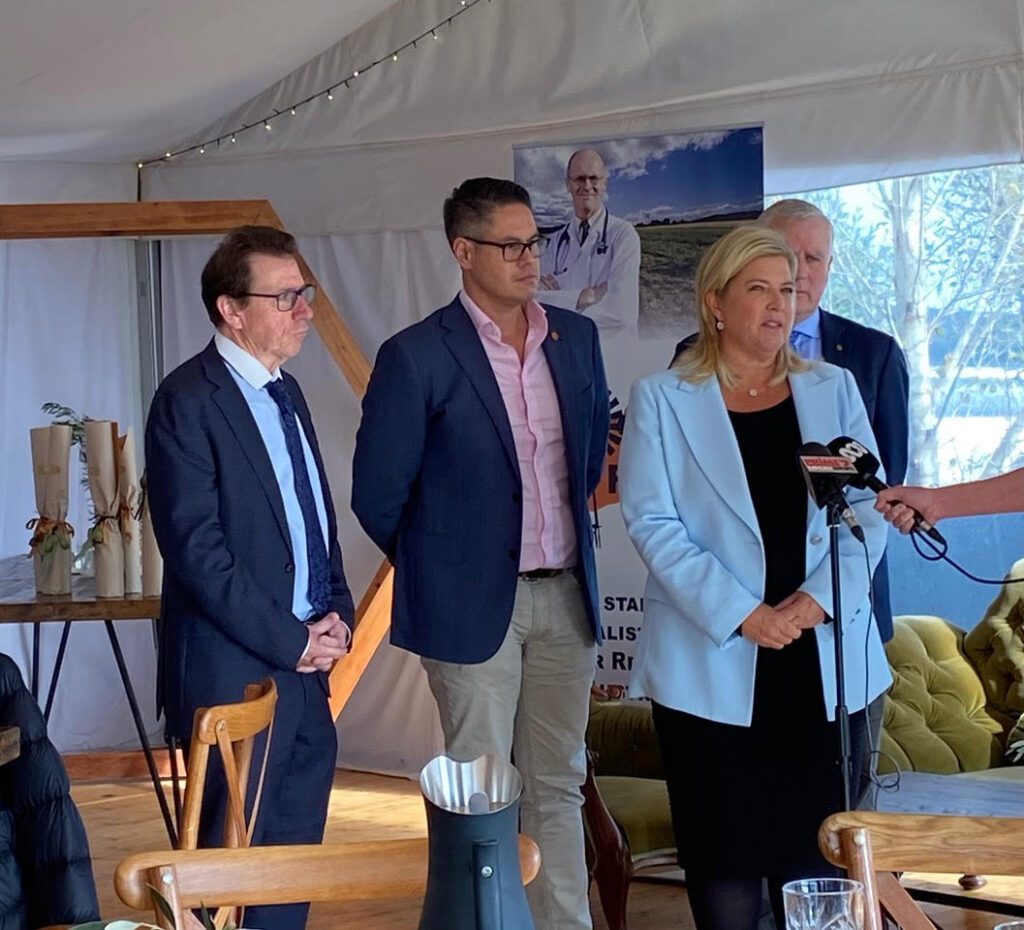
The Hon Bronnie Taylor MLC, NSW Minister for Regional Health, told of the gradual erosion of GP and specialist numbers in regional NSW. This is despite a massive regional hospital refurbishment and new building program, funded by the sale of the electricity networks (“poles and wires”). She was appointed in the wake of the NSW Parliamentary Inquiry into Rural Health with a broad-ranging brief to deal with workforce and outlined her plans.
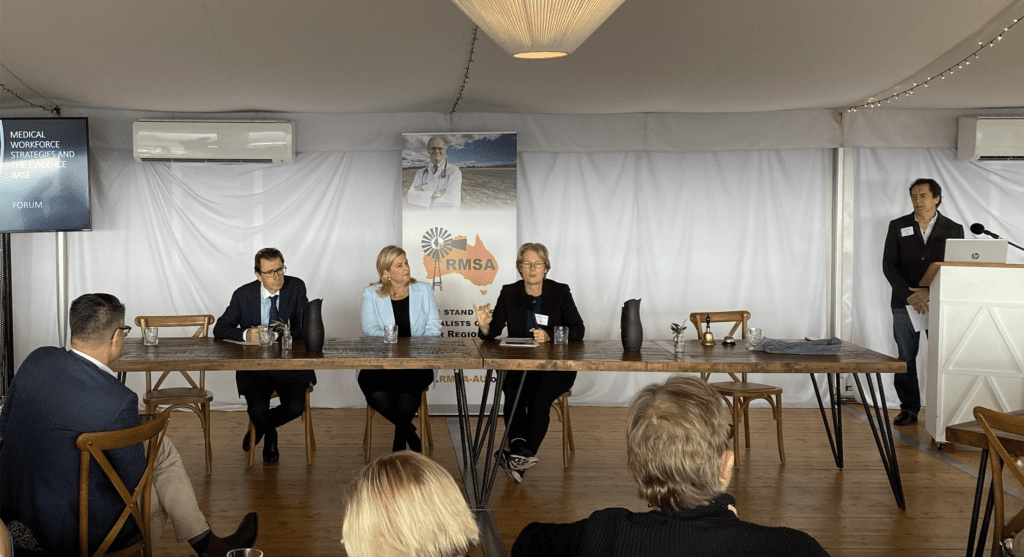
Dr Joe McGirr, the Independent state MP for Wagga Wagga, tracked the numbers of medical students, Interns and specialist trainees returning to Wagga Wagga over the years and explained that this was supported by a deliberate, community-led program to make every new doctor in the city feel welcomed. New medical arrivals are introduced to key community leaders at welcome receptions. A mentor is assigned to help them and their families settle in, with such practical guidance as ‘where the locals shop’ leisure and community centres and schooling options.
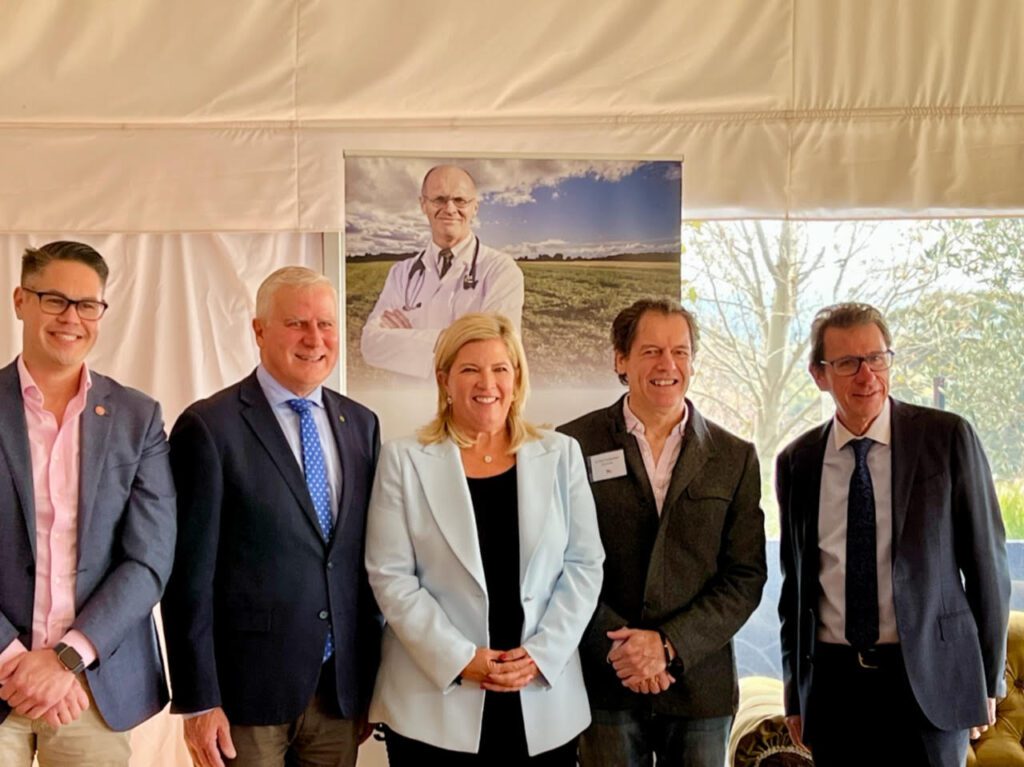
Associate Professor Kerin Fielding introduced the Royal Australasian College of Surgeons’ (RACS) Rural Health Equity Strategy. Prof Fielding is an orthopaedic surgeon based in Wagga Wagga and has been appointed to chair this program. It is a comprehensive and ambitious plan which includes a policy that every committee of the RACS should have a member drawn from a non-metropolitan area.
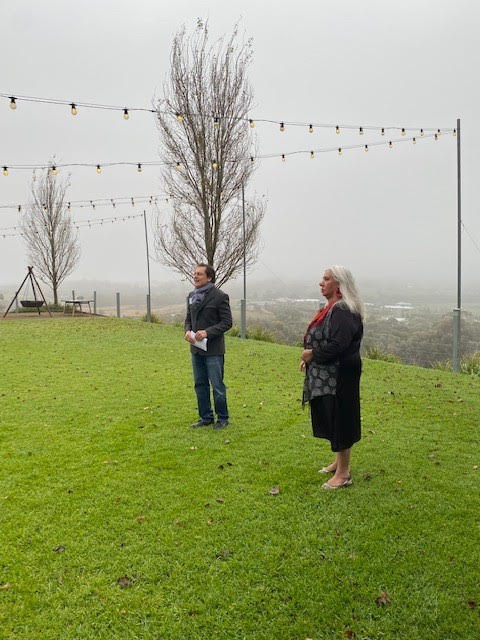
Other contributors included Prof Tara McKenzie, reviewing development of the Riverina Medical School with its associated Health Precinct and a stirring presentation by Jackie Brody on engaging aboriginal and Torres Strait islander students and community. Dr Paul Mara AM, a GP in Gundagai for over 40 years, explained the trial about to start allowing rural GP trainees to have a single employer during their entire post-graduate training time. This, he explained, will take away much of the uncertainty and anxiety that GP trainees face. We look forward to the results of this trial, as we acknowledge how important a stable GP workforce is to rural centres.
